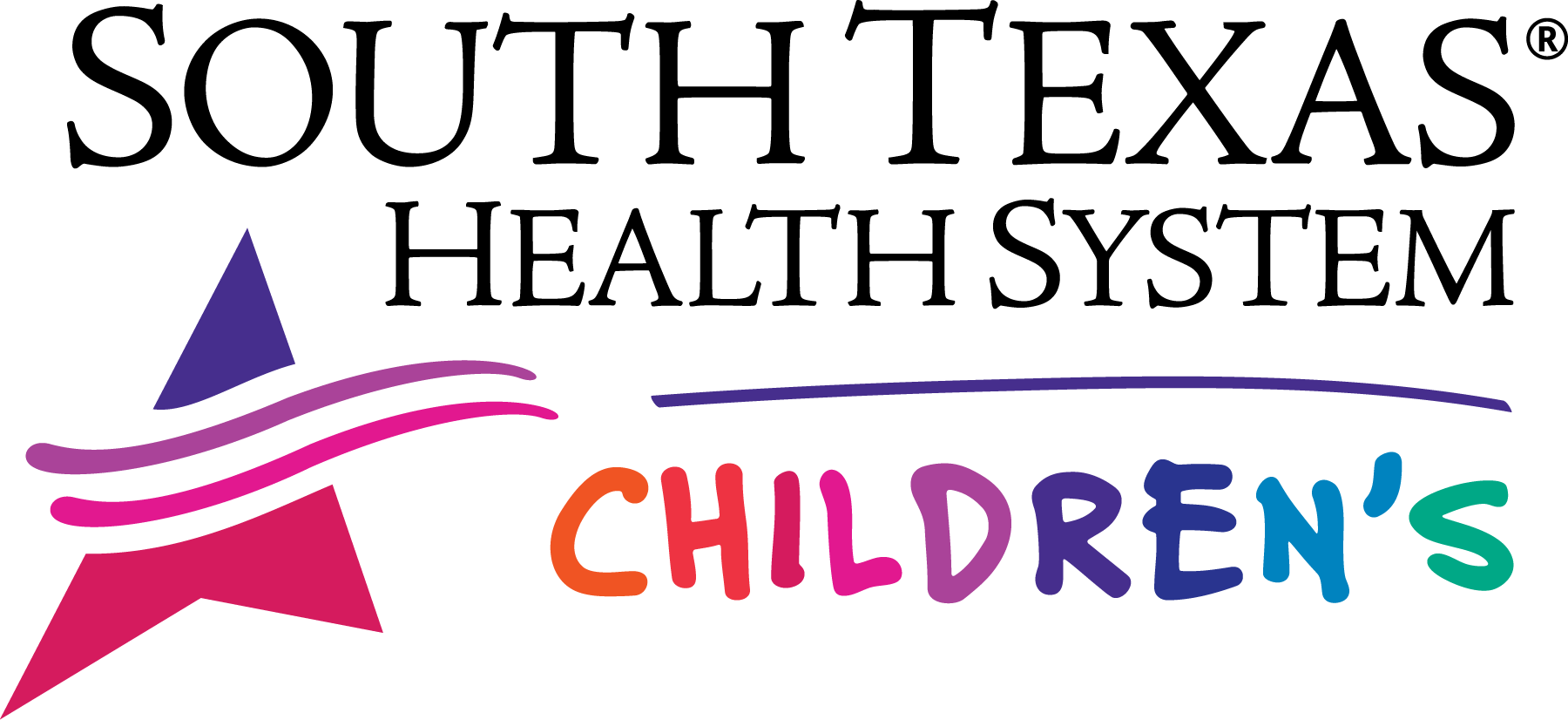When to Call the Doctor
Fever is one of the most common reasons for parents to visit an emergency department with their child or infant according to the American College of Emergency Physicians.
Fever is an important part of the body's defense against infection. For children, fever is defined as a rectal temperature of 100.4 degrees Fahrenheit (38 degrees Celsius) or an oral temperature above 99.5 degrees Fahrenheit (37.5 degrees Celsius).
When to Call the Doctor
Talk to your child's health care provider or go to the emergency room when:
- Your child does not act alert or more comfortable when their fever goes down
- Fever symptoms come back after they had gone away
- The child does not make tears when crying
- Your child does not have wet diapers or has not urinated in the past 8 hours
- Also, talk to your child's provider or go to the emergency room if your child:
- Is younger than age 3 months and has a rectal temperature of 100.4°F (38°C) or higher
- Is 3 to 12 months old and has a fever of 102.2°F (39°C) or higher
- Is under age 2 and has a fever that lasts longer than 48 hours
- Has a fever over 105°F (40.5°C), unless the fever comes down readily with treatment and the child is comfortable
- Has had fevers come and go for up to a week or more, even if they are not very high.
- Has other symptoms that suggest an illness may need to be treated, such as a sore throat, earache, diarrhea, nausea or vomiting, or a cough.
- Has a serious medical illness, such as a heart problem, sickle cell anemia, diabetes, or cystic fibrosis
- Recently had an immunization
Call 9-1-1 if your child has a fever and:
- Is crying and cannot be calmed down
- Cannot be awakened easily or at all
- Seems confused
- Cannot walk
- Has difficulty breathing, even after their nose is cleared
- Has blue lips, tongue, or nails
- Has a very bad headache
- Has a stiff neck
- Refuses to move an arm or leg
- Has a seizure
- Has a new rash or bruises appear
